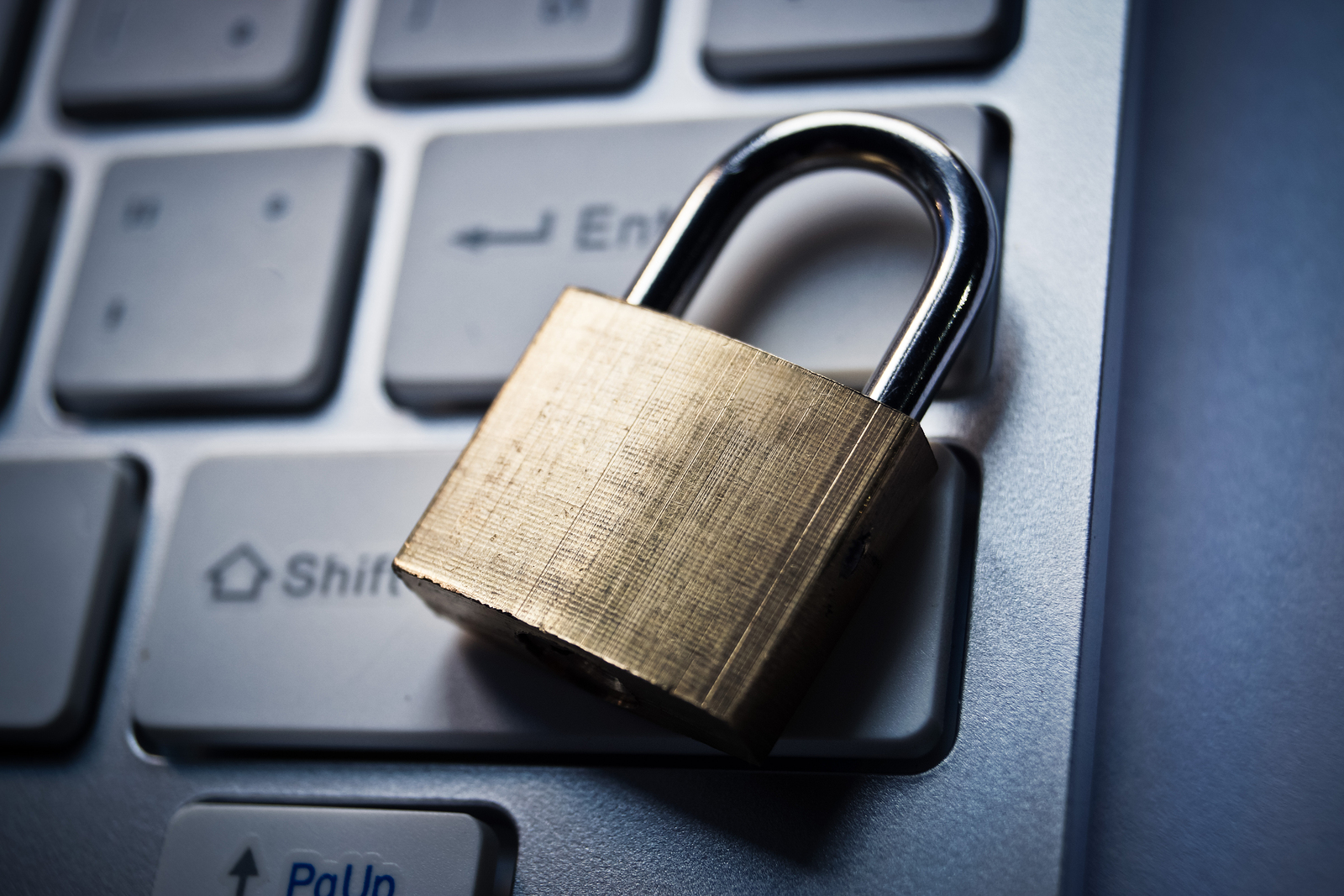Cyber liability insurance
When cyber attacks like data breaches and hacks occur, they can result in devastating damage. Businesses have to deal with business disruptions, lost revenue and litigation. It is important to remember that no organization is immune to the impact of cyber crime.
As a result, cyber liability has become an essential component to any risk management program.


What is cyber liability insurance?
A traditional business liability policy is unlikely to protect against most cyber exposures. Standard commercial policies are written to insure against injury or physical loss and do little to shield you from electronic damages and the associated costs they may incur.
Exposures include: data breaches, business interruption, cyber extortion, forensic support, intellectual property rights, damages to a third-party system, system failure and legal support. Awareness of the potential cyber liabilities your company faces is essential to managing risk through proper coverage.
Does my business need cyber coverage?
Yes, however, every business’s cyber risks are different depending on the type and complexity of their work. Cyber liability insurance is specifically designed to address the risks that come with using modern technology; risks that other types of business liability coverage simply won’t.
The level of coverage your business needs is based on your individual operations and can vary depending on your range of exposure. It is important to work with an advisor that can identify your areas of risk so a policy can be tailored to fit your unique situation.

What does cyber liability cover?
Cyber liability insurance policies are tailored to meet your company’s specific needs and can offer a number of important benefits. Possible exposures covered by a typical cyber liability policy may include the following:
Cost of notification
Increased government regulations have placed more responsibility on companies to protect clients’ personal information. In the event of a breach, notification of the affected parties is now required by law. This will add to costs that will also include security fixes, identity theft protection for the affected and protection from possible legal action.
Data Breach Anchor
Business interruption
If your primary business operations require the use of computer systems, a disaster that cripples your ability to transmit data could cause you, or a third party that depends on your services, to lose potential revenue. From a server failure to a data breach, such an incident can affect your day-to-day operations.
Business interruption Anchor
Cyber extortion
Hackers can hijack websites, networks and stored data, denying access to you or your customers. They often demand money to restore your systems to working order. This can cause a temporary loss of revenue plus generate costs associated with paying the hacker’s demands or rebuilding if damage is done.
Cyber Extortion Anchor
Forensic support
Following a cyber attack, your organization will have to investigate to determine the extent of the reach and what led to it. The right policy can reimburse the insured for costs related to forensics and seeking out expert advice. Additionally, some policies can provide 24/7 support from cyber specialists, which is especially useful following a hack or data breach.
Forensic Support Anchor
Intellectual property rights
Your company’s online presence, whether it be through a corporate website, blogs or social media, opens you up to some of the same exposures faced by publishers. This can include libel, copyright or trademark infringement and defamation, among other things.
Intellectual Property Anchor
Damages to a third-party system
If an email sent from your server has a virus that crashes the system of a customer, or the software your company distributes fails, resulting in a loss for a third party, you could be held liable for the damages.
Third-party damage Anchor
System failure
A natural disaster, malicious activity or fire could all cause physical damages that could result in data or code loss. While the physical damages to your system hardware would be covered under your existing business liability policy, data or code loss due to the incident would not be.
System Failure Anchor
Legal support
In the wake of a cyber incident, businesses often seek legal assistance. This assistance can be costly. Cyber liability insurance can help businesses afford proper legal work following a cyber attack.
Legal support Anchor



